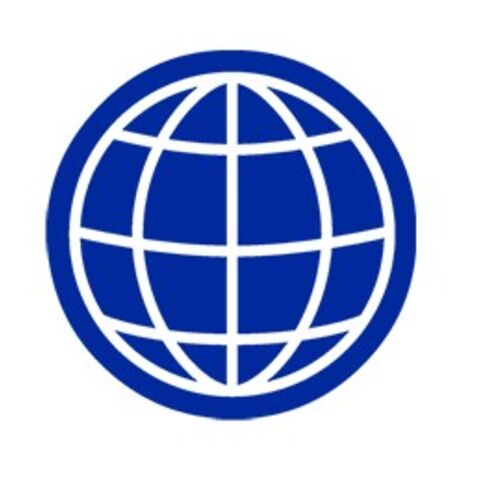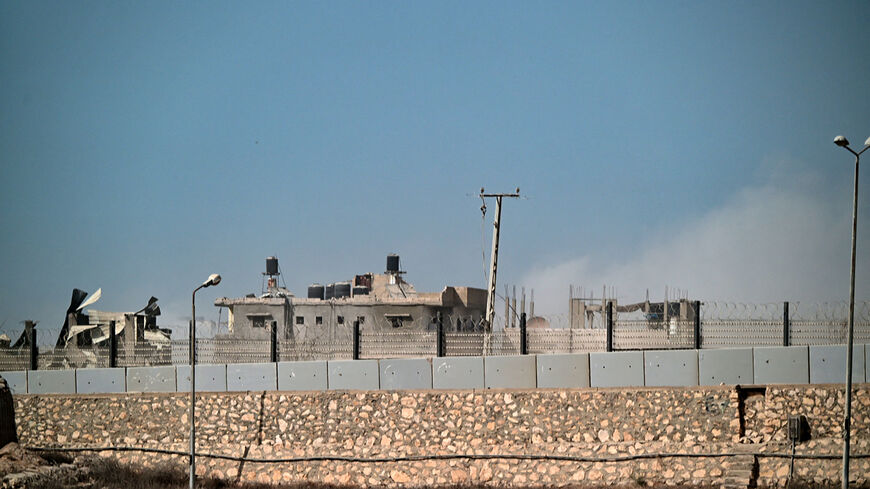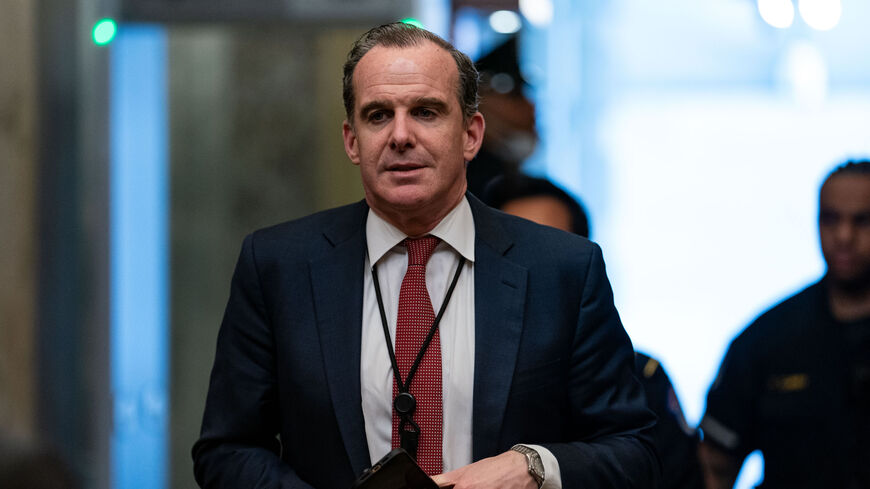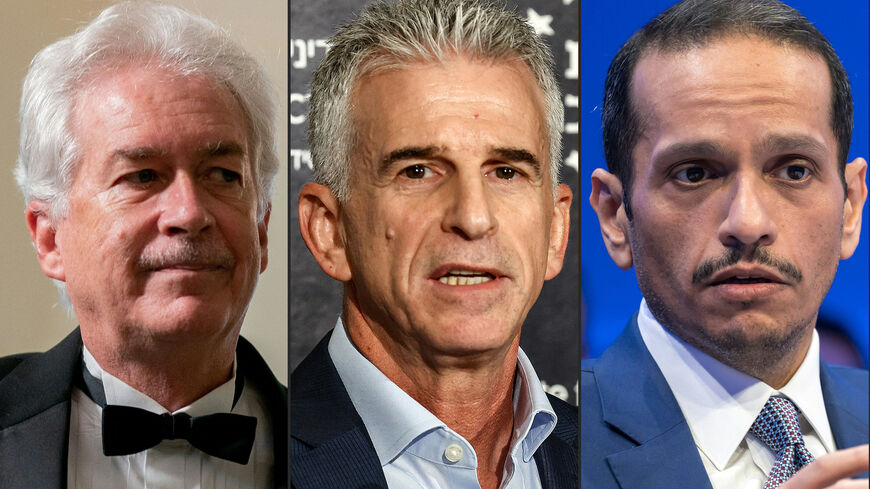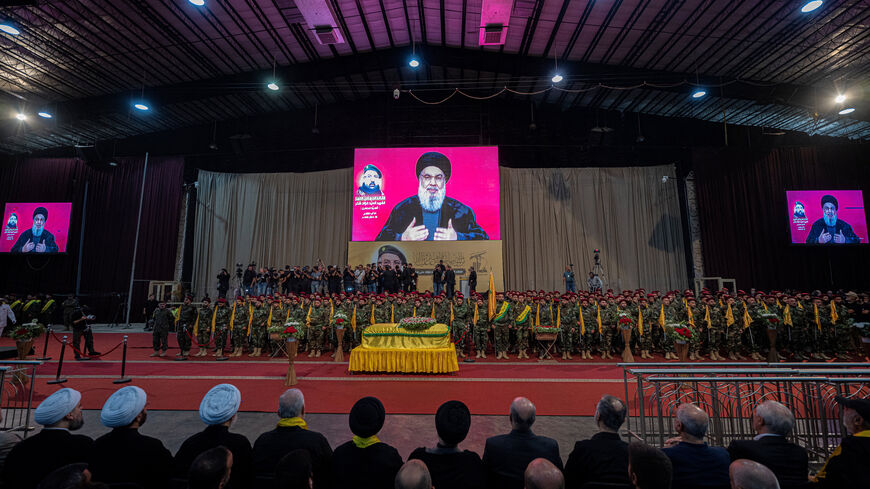UK, France, Germany leaders urge restart of Gaza cease-fire talks as Hamas reconsiders
European leaders, including UK Prime Minister Keir Starmer, French President Emmanuel Macron and German Chancellor Olaf Scholz called on Monday for the truce talks to resume, after the mediators did last week.
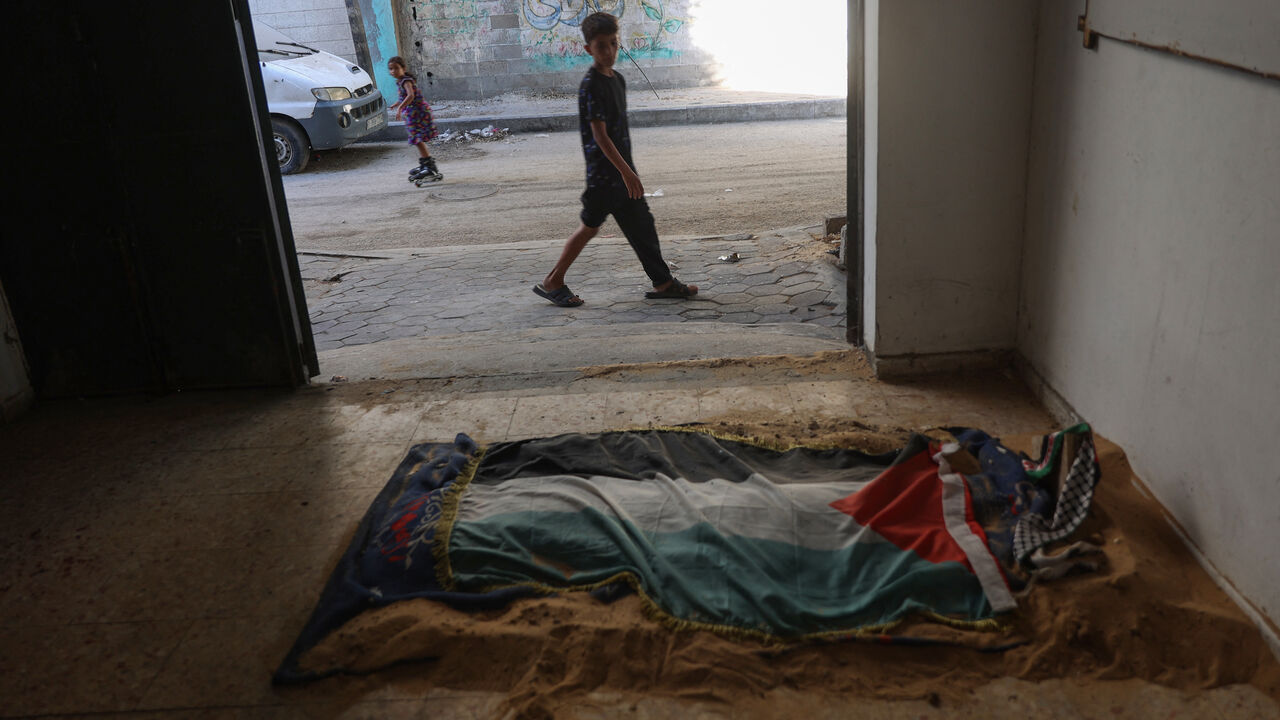
European leaders on Monday pushed for Gaza cease-fire talks to resume despite Hamas over the weekend saying the resumption of any the negotiations must be based on previous plans, rather than holding new talks subject to new conditions imposed by Israel.
Leaders of the UK Prime Minister Keir Starmer, French President Emmanuel Macron and German Chancellor Olaf Scholz called for the truce talks to resume, after the mediators did last week.
"We agree that there can be no further delay," the statement from the European leaders said. "We have been working with all parties to prevent escalation and will spare no effort to reduce tensions and find a path to stability."
Israel said Thursday it would send a team of negotiators to the meeting, but on Sunday Hamas said that any resumption of cease-fire talks about the conflict in the Gaza Strip must be based on previous plans rather than holding new rounds of negotiations, in what was a significant setback for the Biden administration’s efforts to reach a deal and prevent the Gaza war from escalating into a regional war.
The Gaza-based group said in a statement, “In light of this, and out of concern and responsibility toward our people and their interests, the movement calls on the mediators to submit a plan to implement what they presented to the movement and approved on 7/2/2024, based on Biden’s vision and the [United Nations] Security Council resolution, and to oblige the occupation to do so, instead of going to more rounds of negotiations or new proposals that provide cover for the occupation’s aggression and give it more time to perpetuate the war of genocide against our people.”
Sources told the BBC that the new Israeli conditions include that displaced Palestinians should be screened as they return to the north of Gaza for security reasons and for Israel to control the Philadelphi Corridor, which runs along the Egyptian border with the Gaza Strip. Israel has said that this is to curb Hamas using smuggling tunnels to bring in more ammunition. Hamas and Egypt have both refused Israel’s bid to control the corridor.
Last week, Qatar, Egypt and the United States urged Israel and Hamas to restart negotiations on a cease-fire and hostage release deal on Aug. 15. The mediators will be spending the next few days trying to reduce differences between Hamas and Israel ahead of Thursday’s negotiations.
A senior Israeli official involved in the negotiations told Axios that Hamas’ refusal was "a tactical move ahead of a possible attack by Iran and Hezbollah and in an attempt to get better terms for the deal."
Israel has been expecting Iran and its proxies to respond to twin assassinations of the leader of Hamas' political wing and a senior Hezbollah commander in Beirut at the end of July. Iran, Hezbollah and Hamas have all said they will respond to the killings that have been blamed on Israel. For its part, Israel has only taken responsibility for the killing of senior Hezbollah official Fuad Shukr in Beirut on July 30.
US Defense Secretary Lloyd Austin confirmed Sunday night he had ordered the deployment of a guided missile submarine to the Middle East that will join the aircraft carrier USS Abraham Lincoln.
"If Hamas won't come to the table, we will continue decimating their forces in Gaza,” the official added.
Since Hamas launched its surprise attack on southern Israel on Oct. 7, killing nearly 1,200 people and abducting 240 others, Israel’s retaliatory offensive on the Gaza Strip has killed nearly 40,000 people, according to the Hamas-run Health Ministry in the enclave.
